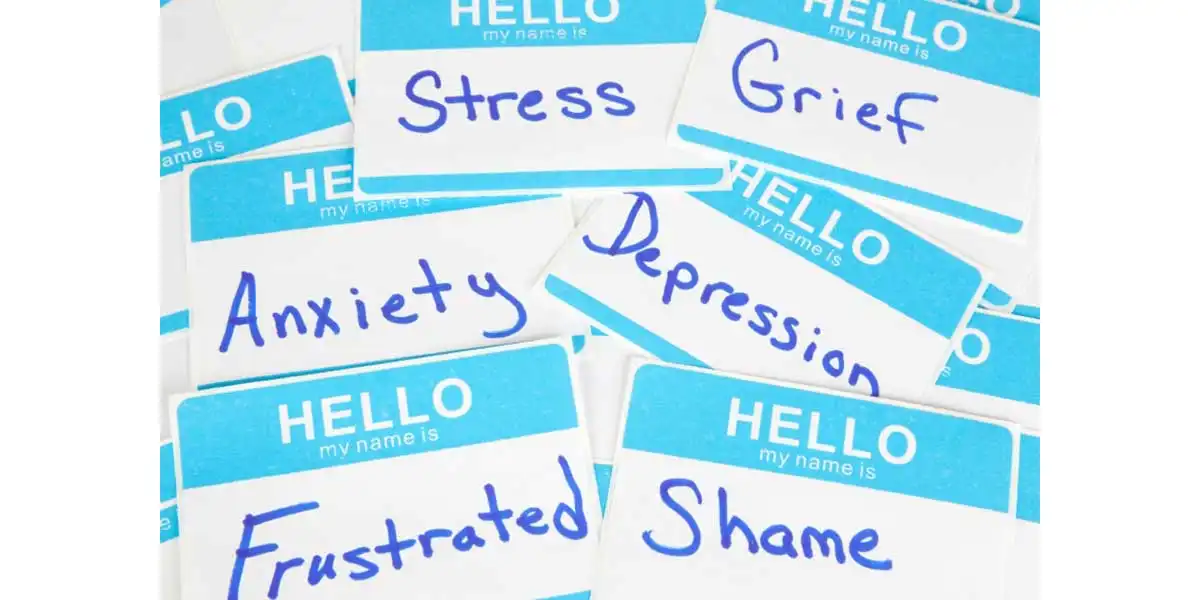
Dec 22, 2015
Blog Life Sciences Trends in Behavioral Healthcare: What to Expect in 2016
Behavioral health issues have historically been stigmatized. Yet, it’s an area of medicine with huge health and economic consequences if left untreated. It’s difficult to pin down the economic cost of mental illness, but estimates are in the hundreds of billions of dollars. According to NAMI, serious mental illness costs the United States $193.2 billion per year in lost earnings. Also, mental illness is associated with increased occurrence of chronic conditions such as cardiovascular disease, diabetes, obesity, asthma, epilepsy, and cancer.
For these reasons, it’s anticipated that stakeholders—from employers to insurers to regulators—will increasingly recognize how critical mental health is to a person’s well-being and productivity. After all, 1 in 5 American adults are affected by some form of mental illness in any given year. These conditions cost US businesses more than $440 billion annually, according to PwC.
Indeed, recognition of the importance of behavioral health is on the rise among employers. In October, an inaugural CEO Mental Health Summit convened at the New York Stock Exchange to discuss strategies for supporting mental health awareness, acceptance, prevention, and recovery in the workplace.
In addition to fostering more supportive workplaces, employers and insurers are addressing problems of access to behavioral healthcare. Even as many more individuals have coverage for mental health services through the Affordable Care Act, more than half of US counties (all rural) have no practicing mental health clinicians. Patients seeking assistance for mental health needs sometimes must wait months or travel hundreds of miles for an appointment.
In Minnesota, a new state-sponsored option aims to assuage this shortage. Mental health professionals have been added to the Minnesota Loan Forgiveness Program. A cohort of recent mental health graduates willing to work for several years in one of the state’s designated Health Professional Shortage Areas will receive funding to pay off an average of 60% of their student loans.
TECHNOLOGY IS AN IMPORTANT CHANNEL FOR BEHAVIORAL HEALTH TREATMENT
It’s no surprise that virtual mental health services have become a reality. Last year, for example, the US Department of Veterans Affairs delivered 325,000 behavioral telehealth visits to over 100,000 veterans at local community-based clinics, using videoconferencing. The same technology can be brought into people’s homes via computers, tablets, and mobile apps. Even video games have come to the party—and the FDA. Akili Interactive’s games have gone through eight clinical trials for the treatment of ADHD, autism, and depression. Increase in interest and investment potential has led to a plethora of mental health apps that claim to do everything from diagnose conditions to alleviate stress. For example, Koko is a new mobile social media platform focused on mental health, in particular stress.
And, let’s meet Ellie, the artificially intelligent psychologist. She is a virtual interviewer created by scientists at the University of Southern California. While Ellie asks a series of questions, a sensor and webcam scan facial and body movements and tone of voice, and instruct Ellie on how best to interact. She is described as a “decision support tool” designed to gather information to help a human clinician make a diagnosis of mental illness.
A PwC report released this month suggests that digital options may go furthest with young people, who are most open to virtual mental health services and have significant need for them. PwC’s analysis found that 72% of consumers in the 18 to 44-year age group are willing to use telehealth services, such as videoconference, to consult with a mental health provider instead of an in-person visit, compared with 43% of those in the 45+-year category.
Demand for behavioral healthcare will further increase as federal and state parity laws are enforced. These laws require insurers to cover behavioral health services as they do other medical treatment, or they risk facing penalties from regulators. The Mental Health Parity and Addiction Equity Act of 2008 banned discrimination in the treatment of mentally ill patients. Still, many believe that much more needs to be done to ensure these patients have access to appropriate care. Because these laws will likely be subject to increased scrutiny in the future, healthcare executives must make sure that their plans are compliant and provide patients with the care they need.
The Excellence in Mental Health Act of 2014 will increase Americans’ access to community mental health treatment services, while improving Medicaid reimbursement for these services. The Excellence Act will infuse over $1 billion into the behavioral health system.
LACK OF BEHAVIORAL HEALTH TREATMENT IS COSTLY
Neglect of mental health can lead to misdiagnosis, poor treatment of physical illness, worse outcomes for patients, wasted healthcare dollars, and lost productivity in the workplace. Clearly, beefing up these services is worth the time, resources, and societal investment. Better integration of physical and mental health is crucial. Collaborative models that link primary care with behavioral healthcare specialists is one path to improvement, and these efforts are underway. Technology will become increasingly important to expanding access to mental health services.
A few days ago, Beacon Health Options suggested that people make mental health awareness their 2016 New Year’s resolution. A combination of outreach, technological savvy, and regulations will hopefully ring in better behavioral health—and happiness—to all in 2016.
In today’s fast-paced biomedical world, researchers and pharmaceutical companies...

Radiopharmaceuticals represent a cutting-edge frontier in modern medicine, offer...

Implantable Remote Patient Monitoring (IRPM) devices are revolutionizing healthc...

We are your trusted research partner, providing actionable insights and custom consulting across life sciences, advanced materials, and technology. Allow BCC Research to nurture your smartest business decisions today, tomorrow, and beyond.
Contact UsBCC Research provides objective, unbiased measurement and assessment of market opportunities with detailed market research reports. Our experienced industry analysts assess growth opportunities, market sizing, technologies, applications, supply chains and companies with the singular goal of helping you make informed business decisions, free of noise and hype.